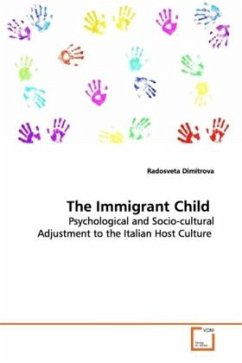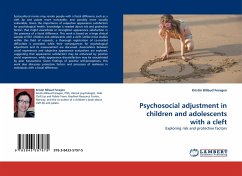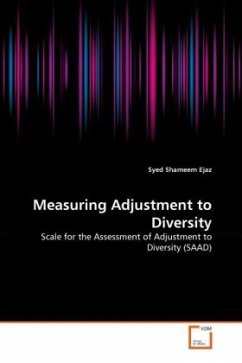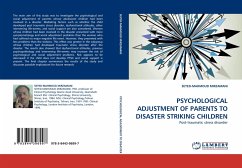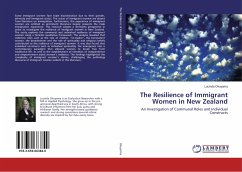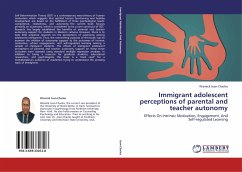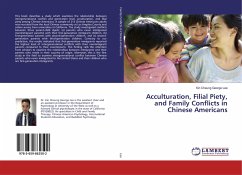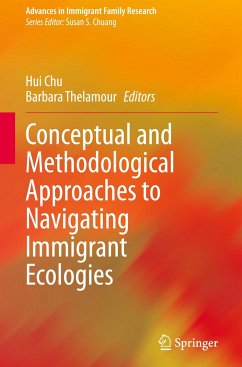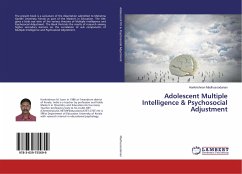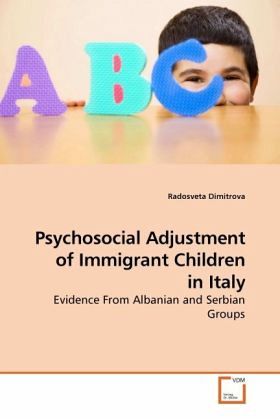
Psychosocial Adjustment of Immigrant Children in Italy
Evidence From Albanian and Serbian Groups
Versandkostenfrei!
Versandfertig in 6-10 Tagen
32,99 €
inkl. MwSt.

PAYBACK Punkte
16 °P sammeln!
Immigration is an important social change which requires special attention because of its direct impact on socio-cultural and family contexts. As their parents, immigrant children experience profound life changes due to separation from significant others and more broadly defined social networks. The present book provides data on psychosocial outcomes of immigrant children in Italy, where similarly to other European countries, the percentage of immigrant groups is in constant increase. Psychological and social adjustment domains in three ethnic groups were investigated, as well as the unique co...
Immigration is an important social change which requires special attention because of its direct impact on socio-cultural and family contexts. As their parents, immigrant children experience profound life changes due to separation from significant others and more broadly defined social networks. The present book provides data on psychosocial outcomes of immigrant children in Italy, where similarly to other European countries, the percentage of immigrant groups is in constant increase. Psychological and social adjustment domains in three ethnic groups were investigated, as well as the unique contribution of ethnic background on children s family drawings. The findings indicate that immigrant children present more adjustment difficulties than their native peers and that family composition developed in the context of parent-child relationships in terms of proximity, similarity and value between self and parental figures relate to drawing outcome in specific ways for Albanian, Serbian and Italian groups.



